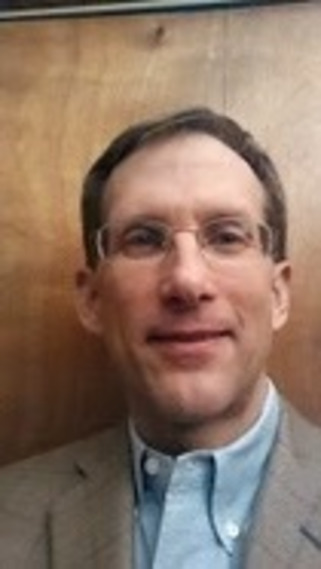Regulation of mobile apps is a somewhat contentious issue. ...

|
Scooped by rob halkes |
A recent poll by QuantiaMD, which touts itself as the largest social learning network for physicians, found that 37% of physicians have prescribed a mobile health app for their patients. On the other hand, another 37% still have no idea what apps are out there, so we’ve not quite fully entered the mHealth (or ehealth/digital health) world.
That lack of knowledge about the app universe may not last long. In addition to patients bringing their favorite apps to their physician’s attention, physicians now also have AppScript, introduced last December by IMS Health, to help them understand the health app universe. AppScript classifies and evaluates over 40,000 health-related apps, and allows them to organize them into custom formularies based on patient needs and practice preferences.
We talk about physicians “prescribing” health apps when we really mean them only suggesting ones that might be useful, but there is actually at least one health app that requires an actual prescription. BlueStar, developed by WellDoc, helps patients with Type 2 diabetes manage their condition. WellDoc even secured FDA approval – back in 2010 – and is working on getting health plans to cover the app.
The main reason cited in the QuantiaMD poll for not prescribing apps, named by 42% of respondents, was the lack of regulatory oversight, with 21% also noting the lack of longitudinal data on their effectiveness. Still another 21% feared the apps would generate an overwhelming amount of patient data.
I find myself somewhat torn about the possibility of regulation. On the one hand, no one wants to stifle innovation in this hyper-fast developing field, yet as apps serve more clinical functions – e.g., the American College of Cardiologists and the American Heart Association just announced an app to estimate the risk of heart attacks/strokes – one wants reassurance that they work as advertised. And then there is the issue with security, which is scary enough on computers and even riskier on mobile devices. So some kind of regulatory framework seems advisable.
In the meantime, mobile is quickly becoming more important in health care. HIMSS just released their Third Annual HIMSS Analytics Mobile Survey. While more representative of healthcare systems than independent practitioners, it found that three-quarters of respondents claimed mobile was a high priority for their organization. Eighty-three percent said physicians were using mobile technology for some kind of patient care, with 69% viewing patient information using mobile technology. Uses fall off rapidly after that – e.g., only 33% used e-prescribing, 25% telehealth, and 20% remote patient monitoring. ..
Frost & Sullivan also predicted that mHealth is going to be one of the three biggest areas of growth in global healthcare, particularly citing various patient monitoring tools that can help provide innovation solutions in a variety of areas. Another mHealth survey, this one from Grand View Research, shares this optimism, predicting a compounded annual growth rate of 48% from 2014 to 2020. ..
We’re just starting to scratch the surface of mobile health, much less the vast amounts of data all these tracking devices will generate. It will take some time to figure out what we really want to do. All this nifty technology – apps, texts, portals, wearable monitors, even nanotechnology – are, like any technology, just tools. Clinicians and patients are going to have to figure out how to use them to get the best health outcomes. ...
Personally, I’ve always thought apps are sort of a transition stage, as are the distinctions between types of devices. It feels like old technology to make the user figure out which app is best for their given task, much less which device to use...
Providers’ challenge isn’t in coming up with their own app – especially just to have an app -- but rather in developing their strategy of how to best take advantage of all these new options, in an integrated manner.
No comment yet.
Sign up to comment



 Your new post is loading...
Your new post is loading...








Yes, it is getting a bit chaotic with apps. That's why I like so much the conclusion of the blogger: ..."developing their strategy of how to best take advantage of all these new options, in an integrated manner"!
See here: http://bit.ly/1icTOvZ ..